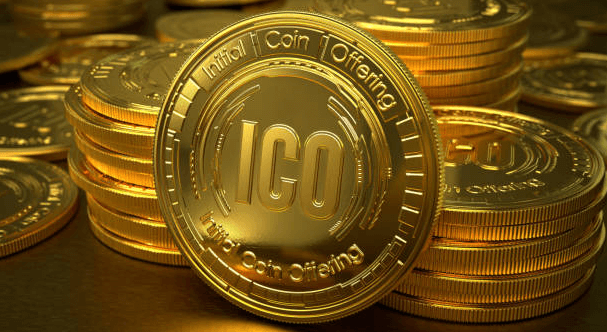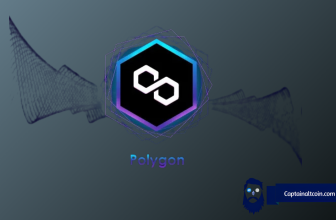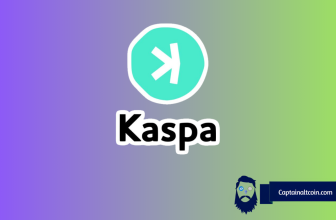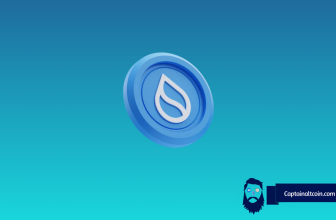
What is an ICO? This question comes up regularly, especially since the rise of bitcoin.
A specific fundraising method has been put in place to allow blockchain players to finance their activity: the “ICO” (Initial Coin Offering). This method is very popular with digital startups.
Making an ICO is the method that attracts more and more investors. There are sites where you can find recent ICOs and upcoming as well as all the details about them like starting capital, the team behind the project, early investors and so on. These sites usually connect investors and ICO fundraisers.
What you'll learn 👉
What is the ICO?
Also called “token sales”, the ICO consists of the issuance of digital assets, “tokens” exchangeable for cryptocurrencies during the start-up phase of the startup’s activity.
Concretely, the startup issues tokens and they can be acquired by anyone in exchange for cryptocurrency.
The transfer of this digital asset is therefore carried out between two people on the Internet, without requiring the agreement of a third party, that is to say without a banking establishment.
It is therefore decentralized and to raise capital without red tape obstacles.
There are two types of tokens that can be issued. Each will grant specific rights to the investor. These are security tokens and utility tokens:
Security tokens
As in traditional fundraising, tokens can represent shares of capital (we speak of equity or security tokens).
They then confer rights similar to those conferred by financial securities (in particular a right to receive dividends).
Good to know: A cryptocurrency fundraiser that issues tokens assimilated to financial securities is called a Security Token Offering. Specific regulations apply to this type of fundraising. So it is not an ICO.
Utility Tokens
However, more often than not, tokens represent a right to use the product or service that is going to be developed, and are therefore intended to be used in the project funded by the ICO in question. These are utility tokens.
The issuance of tokens must be very well prepared. ICOs are a way for entrepreneurs to bypass the classic investment system, which would surely not have funded such projects, sometimes not very successful.
Indeed, ICOs make it possible to finance projects which are still only very underdeveloped ideas and therefore have an uncertain future.
Who can create an ICO?
On the issuer side, doing an ICO is most often of interest to creators of blockchain applications or startups.
Blockchain technology makes it possible to store and transmit information transparently, securely, and without third-party control.
It is actually a large database, containing all the history of exchanges between its users since its creation.
Making an ICO thus makes it possible to finance the launch of applications running on a specific blockchain protocol, for example Bitcoin or Ethereum.
Doing an ICO can also make it possible to directly finance blockchain protocols. For example, the Tezos protocol, allowing the programming of “smart contracts”, raised the equivalent of more than $ 200 million in 2017 through the ICO.
On the investor side, anyone with cryptocurrency can invest in a project that raises ICO funds.
This is why ICOs are also called “crowdsales” on the model of “crowdfunding” (crowdfunding), involving a large number of people to fund a project.
To carry out the project the creator has to provide documents such White paper. From the white paper terms and conditions the team of entrepreneurs and developers create a smart contract which is a database or code that is executed via the blockchain technology.Via the IT smart contract, investors automatically receive their tokens. Blockchain technology indeed allows the issuance of tokens without the intervention of a third party.







